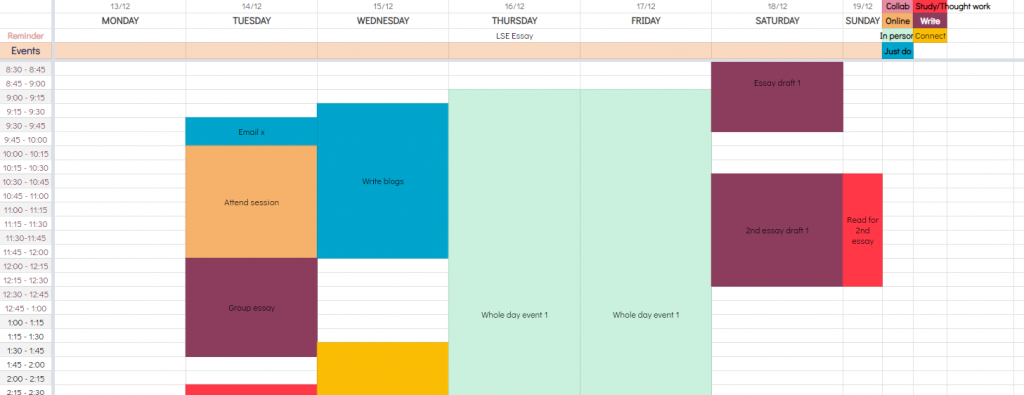It’s exam season! Most people I see on campus are hunched deep over their books, or doing things on auto-pilot contemplating existentialism, a common side effect of exam season. It is indeed a trying time, to put it lightly. But that being said, I am a firm believer that exams alone should not put one in misery. If there is a way to make things easier for oneself, one might as well explore it. As an undergraduate student, this whole scenario must be overwhelmingly new and so it is important to not get swept away by the emotions that are sure to arise.
So here, I list the things that have kept me grounded over the last many years during exam time, specifically for the undergraduate students out there. As preachy as that sentence sounded, what I meant is that it’s just a few life hacks I have learned that have helped me stay sane and grounded during these eat-or-be-eaten times! So, needless to say, take each of these points with a pinch of salt and do remember your research before taking anything (in life) at face value, to see if this makes sense to you in your context. Do customize this based on your preference and working style!
1) Plan out what you want to do over the break
This includes literally every place you want to visit, every sight you want to see, every gathering you want to go to (COVID permitting) and don’t forget to add that into your calendar. Keeping yourself balanced is important not only for your mental health, but also for your concentration. Check out the Student Blogs for tips on what to do around London during Christmas!
After this, add your study and writing times in your schedule. Make those notes, do those extra readings, plan your writing times, etc. Broadly, set milestones of where you want your work to be for the period of 1-2 months. If you have essays to write, set dates by when you would like to finish each one. If you have readings to finish, set dates by when you will finish your revision and notes for each.
Doing this in advance is a great way to get your mind free of the tension of “when am I going to find time to finish my studies, far less socialize!”
2) Use a weekly plan
I swear by this technique. Anyone who knows me knows my love for good ol’ Google Sheets. Use that, excel or go old school with a little notebook to plan out your weeks. Now that you have your milestones sorted for the month, schedule-in key things to finish each day/ every two days. This could be as simple as listing the things you want to focus on each day over the week so that you hit your milestone. Here is an example from my personal calendar from December, 2021:

Now, even if you do not follow it down to the “t”, I know I was way, way, way off, you’ll still feel good just knowing you know what piece of work you want to finish in what timeline.
3) Get some exercise
Winter might not be a great time for some to work out. SAD (Seasonal Affective Disorder), cold weather, and winter-y parks do hinder the intrinsic motivation that mighty indeed exist within us but find little ways around this. Go for a walk or jog, climb up and won stairs, do some skipping or walk around your balcony if you are lucky enough to have one. The linkage of physical exercise with creativity and motivation is an interesting topic that has been studied academically in the past. Don’t forget to do a bit of this as you progress!

4) Concentration techniques
A quick google search will give you a multitude of responses that you can then filter and customize to your preferences. The Pomodoro technique is a useful one – repeated sets of 25 minutes of work followed by quick 5-minute breaks. Apps that help one control social media usage is also quite helpful in preventing the time-drain of social media. Desk exercises can also help deal with the physical stress of sitting at a desk for long periods of time.
5) You are not alone. Get help if you need it
Remember that you do not have to deal with your emotions alone. Seek help if you need it via LSE’s mental health services, student wellbeing services, or the Peer Support Scheme. Be cognizant of your emotions and allow yourself some breathing room. You’ve got this!
These are but five quick and simple tricks that can help you manage your time and stress during exam season, but remember that there is no quick fix to these emotions. Time management is a handy skill, so look at this as an opportunity to practice that! And don’t forget it will be over before you know it, whether that is a happy thing or not is up to your own discretion. All the very best for your exams!






Absolutely love this article!! It really helped me 🙂
So glad it helped! Thank you for sharing, AJ!